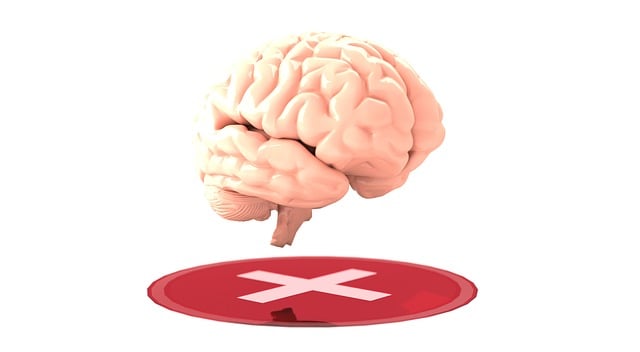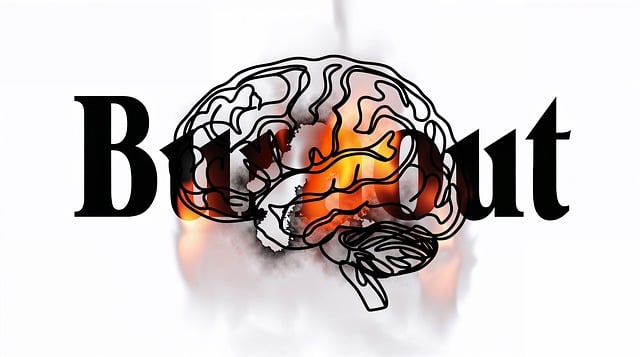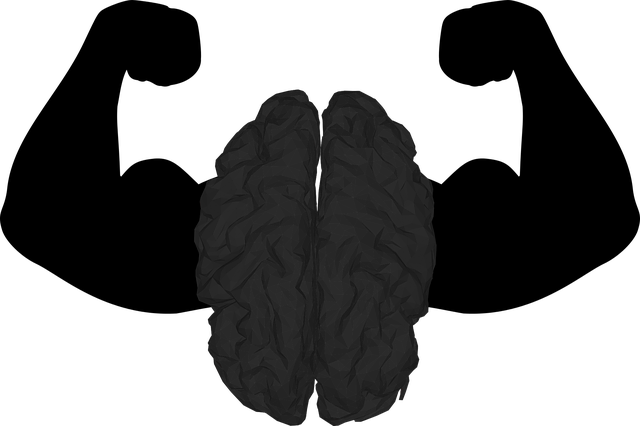Englewood Learning Disability Therapy focuses on teaching vital coping skills to navigate life's challenges and maintain mental well-being. By recognizing personal triggers, implementing healthy mechanisms like deep breathing or mindfulness, and fostering social support, individuals gain resilience and emotional control. This holistic approach includes self-care practices for both clients and healthcare professionals to prevent burnout. Tailored mood management techniques improve daily stress management and overall mental wellness, ensuring individuals can adaptively handle various situations.
Coping skills development is a vital aspect of therapy, empowering individuals to navigate life’s challenges. This article explores the significance of coping strategies in therapeutic contexts and offers practical guidance for enhancing resilience. We delve into effective mechanisms, providing insights tailored to the unique needs of those seeking support from Englewood Learning Disability Therapy. Discover how these strategies can be implemented and maintained in daily life, fostering a sense of control and well-being.
- Understanding Coping Skills and Their Significance in Therapy
- Strategies for Developing Effective Coping Mechanisms
- Implementing and Maintaining Coping Skills in Daily Life with Englewood Learning Disability Therapy
Understanding Coping Skills and Their Significance in Therapy

Coping skills are essential tools that individuals can use to navigate life’s challenges and maintain their mental well-being. These skills play a pivotal role in therapy, especially for those seeking support with learning disabilities at Englewood Learning Disability Therapy. Understanding coping mechanisms allows therapists to empower clients by equipping them with strategies to manage stress, anxiety, or difficult emotions effectively.
By integrating self-care practices and stress reduction methods, individuals can foster inner strength development. This process involves recognizing personal triggers, implementing healthy coping mechanisms, and cultivating resilience. Such skills are invaluable in therapy as they enable clients to take charge of their emotional health, leading to improved overall well-being and a greater sense of control over life’s obstacles.
Strategies for Developing Effective Coping Mechanisms

Developing effective coping mechanisms is a vital part of personal growth and well-being. At Englewood Learning Disability Therapy, we emphasize strategies that foster resilience and promote healthy emotional healing processes. One key approach involves identifying triggers and understanding one’s unique stress responses. Through self-awareness, individuals can learn to recognize when they are feeling overwhelmed and implement timely coping strategies. Simple techniques like deep breathing exercises, mindfulness meditation, or engaging in physical activity can significantly reduce stress levels.
Moreover, social support is an essential component of effective coping. Encouraging open communication with friends and family allows for the sharing of concerns and provides a sense of belonging. For those in the healthcare profession, burnout prevention strategies are crucial. This includes setting boundaries, prioritizing self-care, and participating in social skills training to enhance emotional resilience. By combining these approaches, individuals can develop a robust toolkit for managing stress and challenging situations, leading to improved overall well-being.
Implementing and Maintaining Coping Skills in Daily Life with Englewood Learning Disability Therapy

Implementing coping skills learned from Englewood Learning Disability Therapy can significantly enhance one’s ability to manage daily stressors and maintain mental wellness. These strategies are tailored to address individual challenges, focusing on mood management techniques that promote resilience and adaptiveness in various environments. Through consistent practice, individuals equipped with these skills become better equipped to navigate life’s ups and downs without succumbing to burnout, a common concern among healthcare providers.
Englewood Learning Disability Therapy emphasizes the importance of integrating coping mechanisms into daily routines. This includes simple yet effective practices like mindfulness exercises, stress-reducing techniques, and problem-solving strategies that help individuals stay grounded in challenging situations. By fostering self-awareness and emotional regulation, these skills not only prevent burnout but also contribute to improved overall mental health, enabling individuals to lead more fulfilling lives despite the presence of learning disabilities or other challenges.
Coping skills development, facilitated by approaches like Englewood Learning Disability Therapy, is an invaluable asset in therapy. By understanding and implementing effective mechanisms, individuals can better navigate life’s challenges. This article has explored the significance of coping skills, offered practical strategies for their development, and highlighted how tailored therapies, such as Englewood Learning Disability Therapy, provide essential support to integrate these skills into daily life. Through these efforts, individuals gain resilience and improved overall well-being.












